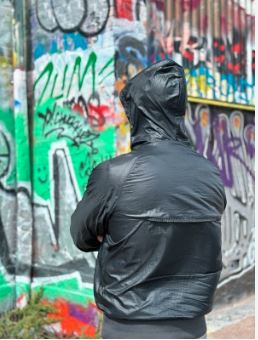The debate over Sweden’s approach to youth care has intensified following revelations about its unintended consequences. Recent reports highlight how Sweden’s youth homes inadvertently became breeding grounds for criminal behavior, contributing to the country’s status as Europe’s gun crime capital.
In a system designed to provide shelter and support for vulnerable youth, shortcomings have emerged, with some facilities failing to adequately address behavioral issues and rehabilitation. This has led to a disturbing trend where some residents, instead of finding stability, have been drawn deeper into criminal networks.
Experts point to systemic failures in supervision and rehabilitation strategies within Sweden’s youth care system. These deficiencies have reportedly enabled young individuals to access firearms and engage in violent crime, exacerbating Sweden’s challenges with gun-related offenses.
Critics argue that a lack of sufficient oversight and rehabilitative programs has allowed criminal influences to proliferate within these environments. This situation has raised serious concerns about public safety and the effectiveness of Sweden’s approach to youth welfare.
In response to mounting criticism, Swedish authorities are under pressure to reassess and reform their youth care policies. There is a growing consensus among policymakers and experts on the need for targeted interventions that prioritize both rehabilitation and crime prevention.
The revelations about Sweden’s youth homes underscore broader issues facing European countries grappling with youth crime and gun violence. As policymakers seek solutions, there is a renewed emphasis on improving social services and ensuring that vulnerable youth receive the support they need to avoid criminal pathways.



